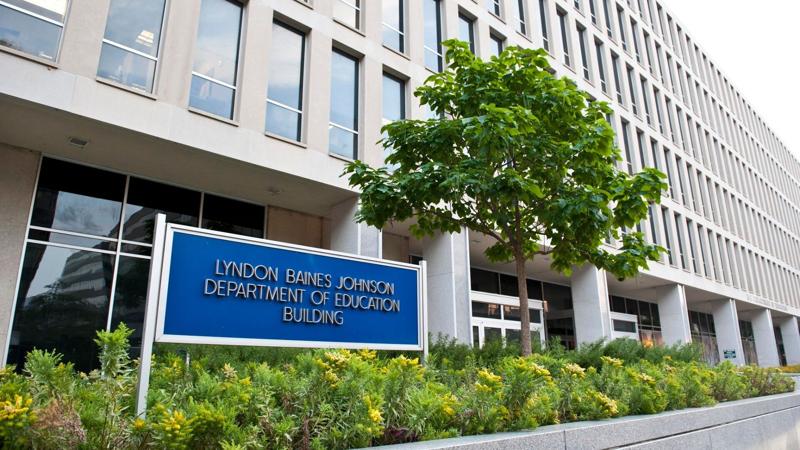States and private organizations argued this month that the Eleventh Circuit Court of Appeals should overturn a district court decision allowing the Biden administration to implement its expanded Title IX rules ahead of oral arguments next month.
The Department of Education previously argued that the appellate court should side with a district court’s ruling to allow the rule to go into effect while litigation continues. The argument is the latest legal salvo by states against the federal government over the changes to include gender identity under the law prohibiting sex discrimination at the nation’s educational institutions.
Alabama, Florida, Georgia and South Carolina asked the court to enter a preliminary injunction to stop the Department of Education from enforcing the rule in those states based on the Supreme Court’s decision in DOE v. Louisiana in August.
In that case, the Supreme Court sided with states to block the Biden administration’s rule. In this month’s filing, Alabama, Florida, Georgia and South Carolina told the appellate court that they are similarly situated to those already granted relief through a preliminary injunction.
“The Supreme Court’s opinion in Louisiana requires this Court to hold that Plaintiffs were entitled to a preliminary injunction,” the legal filing reads. “But even ignoring all nine Justices (and every other court), Plaintiffs were entitled to that relief.”
The states also told the Court of Appeals that states shouldn’t have to implement the rule piecemeal. The Department of Education maintains the noncontroversial parts of the rule should go into effect.
“The Department’s arguments for making the States immediately comply with a judicially redlined version of the rule remain unpersuasive,” the court filing from the states reads. “And importantly, the Department doesn’t dispute that the best way to issue a preliminary injunction is for this Court to issue one itself.”
The Department of Education previously told the Eleventh Circuit Court of Appeals that the district denied the preliminary injunction because it found that the states “were unlikely to succeed in demonstrating that the handful of amendments they challenged were unlawful and that plaintiffs had failed to demonstrate irreparable harm.”
The department maintains that it has the ability and responsibility to protect students under the federal antidiscrimination law, which it expanded earlier this year. The rule went into effect Aug. 1 and has been challenged by dozens of states and advocacy organizations.
Because of the legal challenges, courts have blocked it from going into effect in over half of states and thousands of K-12 schools, colleges and universities through preliminary injunctions.







